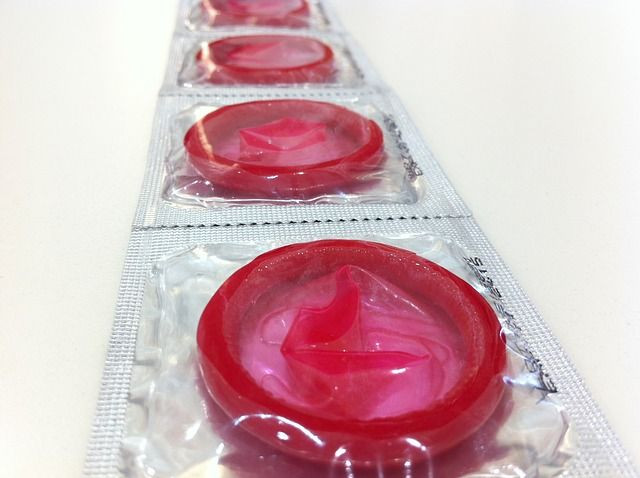Herpes Symptoms In Men: Painful Sores, Swollen Lymph Nodes, And Other Common Outbreak Signs

Genital herpes is one of the most common sexually transmitted infection in the United States, and according to the Centers for Disease Control and Prevention, around one in six people between the ages of 14 and 49 have genital herpes. The virus is often symptomless, or if you do have symptoms, they're easy to confuse with something else. Here is what men need to know about the virus.
What Is Herpes?
Genital herpes is caused by two closely related viruses called herpes simplex virus type 1 (HSV-1) and herpes simplex virus type 2 (HSV-2). According to Young Men’s Health Site, HSV-1 infections may cause no symptoms, or cold sores and/or fever blisters on the lips. Although less common, HSV-1 can spread through oral sex, and can cause genital herpes.
Read: Genital Herpes Vaccine GEN-003 Reduced Risk Of Outbreaks And Transmission
On the other hand, HSV-2 is almost always spread by sexual contact. Symptoms of an HSV-2 infection can include painful lesions around the penis, and anus.
Symptoms
Symptoms of genital herpes in men include small painful blisters around the penis that eventually break open and cause raw painful sores that can take weeks to completely heal. During the first outbreak, the sores are also associated with a fever, headache, flu-like symptoms, swollen lymph nodes, and muscle aches.
According to the CDC, in most cases, the first herpes outbreak occurs within a few days to a couple of weeks after initial contact. However, in some cases, you can go several weeks between the initial infection and the first outbreak
Symptoms usually go away within 2 to 3 weeks, and even faster if you are treated with medication. Unfortunately, the virus stays in your system for life, and can “flare up” again at a later time. Repeat outbreaks of genital herpes are especially common during the first year after infection.
According to the CDC, the first outbreak is usually the worst. Any recurring outbreaks are usually less severe and shorter. Some patients report minor tingling in the area where they were initially infected prior to recurring herpes flares.
The number of outbreaks an individual has tends to decrease over time, and recurrences in general are less frequent for individuals with a genital HSV-1 infection than for genital HSV-2 infection.
See Also:
Experimental Herpes Vaccine Passes Early Mice Trials — Are Humans Next?
Scientists Discover Link Between Genital Herpes And Gastrointestinal Disease
Published by Medicaldaily.com



























